DATA AND RESEARCH
The Data and Research Team works in collaboration with the BSCC Divisions to collect data, maintain various databases, evaluate grant-funded programs, and support the evaluation of grant proposals. Key responsibilities include:
- Develop short-term and long-term solutions for data collection and analysis
- Design, implement, and support data collection and evaluation of grant funded programs and projects
- Provide support for the development and implementation of Grant Proposal Evaluation Systems
Kasey Warmuth, Chief of Research
IMPORTANT CAUTION ABOUT INTERPRETING TRENDS DATA
BSCC provides various datasets to permit description of trends in critical measures over time, statewide and by county. Diverse patterns among counties reflect not only differences in policy approaches, but other county-specific factors such as the following:
- Income, poverty, unemployment, and crime rates
- Features of illicit markets and associations such as street drug supply and demand, distribution systems for stolen autos and parts, and street gang allegiances and rivalries.
- Population densities and distributions of populations along geographic, racial, ethnic, age, and urban-rural lines.
- Available county resources, e.g., opening or closing of jail units; hiring or lay-offs of police officers, court-ordered population caps; and arrangements for leasing beds among counties;
The trends may raise useful questions about county-level patterns, but by themselves, do not answer those questions. No inferences about the comparative performance of counties, therefore, are warranted based on trends alone.
Report - February 2022
Proposition 47 Cohort 1: Statewide Overview of Accomplishments by Grantees
This report provides a statewide overview of the accomplishments achieved by Proposition 47 Cohort 1 grantees. The grant period began on June 15, 2017 and concluded August 15, 2021. The 23 grantees spent a total of $93,718,759 supporting over 32,000 participants who were involved in the legal systems with a mental health condition or substance-use disorder. Overall, findings suggest that Proposition 47 funds benefitted California in several ways. Most importantly, tens of thousands of Californians received the mental health and substance-use disorder treatments they needed. In addition, many individuals were diverted away from jail to organizations that were able to help them address their needs.



